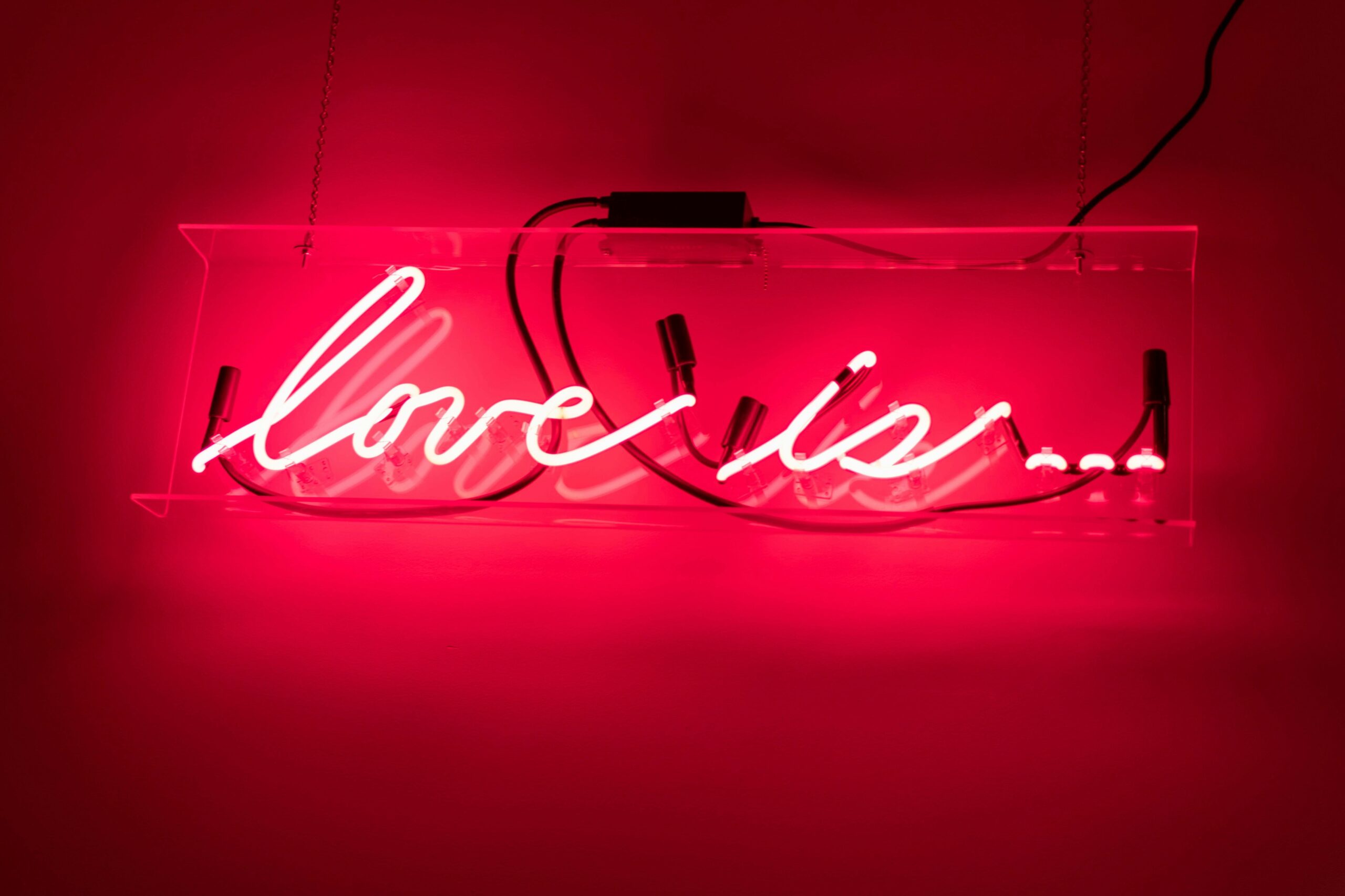In my grief, I’ve found myself pondering the complexity of love. What is it about a failed relationship that leaves us breathless and shattered? It’s like peeling back layers, not just of the person we’ve lost but of ourselves—revisiting the echoes of our younger, more vulnerable selves.
To truly understand love, I realized I needed first to grasp what love is not. My childhood notions of love were a mix of religious dogma and contradiction. I was taught love is patient, kind, and free from envy or arrogance. Yet, my reality was starkly different. Kindness and patience were scarce commodities in my upbringing, overshadowed by judgment and pride. My parents were humble in that they did not have many material possessions and yet prideful in their “holier than thou” ways. They spoke of how people needed Jesus but kept themselves separate from others, judging them for not living the same life they did.
I was expected to follow the golden rule of “Do unto others as you would have them do unto you” and “Love your neighbor as yourself,” but the rules of that love seemed to change with every mood swing of my parents. I found myself navigating a minefield of expectations, the goalposts constantly shifting. The consequences of stepping out of line were anger, rage, shame, and the silent treatment- an emotional cut-off that pierces the soul of a child, essentially teaching them how to behave. Even now, as an adult, I have a pile of letters from my father from over the years urging me to get my life straight and follow Jesus, or there would be hell to pay- literal and figurative- signed with “love.” He had no idea who I was as an individual or how to care for his daughter’s heart.
Religion is a tool used by many narcissists as a way to create an illusion that they are good and better than others, possessing unique, God-given gifts. Religion is used as a means of control, a way to deceive. The religious narcissist will do good deeds, fake being “Godly,” and beat you to death with their holiness. The illusion is that if they are good and scripture is good, then if you do not obey, you are not opposing them but opposing God. This a real mindfuck for a child. My father always implied he had a direct connection with God. My intuition said he was full of shit; my need for survival and to avoid being beaten told me to acquiesce. Growing up, I was manipulated through religion—an artful yet devious strategy used by narcissists to hide their shame and flaws. It’s a calculated attack on the purest and most innocent parts of an person’s being.
Looking back, I see how these skewed perceptions of love have shaped my experiences and left wounds that still ache today. Love became synonymous with control, obsession, and fear—a suffocating tangle of expectations with zero room for individuality or self-expression. I wasn’t aware how this would set me up for unhealthy relationships in adulthood.
It has taken years and painful relationships for me to unravel the beliefs about love instilled in me during my childhood. Feeling fundamentally unlovable kept me in situations far longer than I should have. My nervous system sensed when things were off, but I lacked awareness of my conditioning or the complex beliefs surrounding love. I wish I could go back and hug my younger self, reassuring her that she did her best with what she knew. I would emphasize to her that hoping for potential is not the same as accepting reality. I would convey that no man could ever make her feel chosen by her father because her father didn’t choose her. I would sit with her and discuss what love is not, and, more importantly, what love truly is. I would tell her…
Love is not about controlling another. It is not anger, rage, silent treatment, or shame- that is manipulation. Love is not people-pleasing—that is inauthenticity. It is not seeking someone to complete you—that is codependency. It is not electric, passionate chemistry- that is attachment. It is not hot-and-cold behavior, expectations, and shifting goalposts- that is avoidant behavior. Love is not being told you are too much, too sensitive, you can’t let things go, you remember things wrong, pretending abusive behavior didn’t happen- that is gaslighting. It is not involving others or creating jealousy to provoke a reaction- that is triangulation. Love is not making excuses for poor behavior because “You did something similar last year, so you have no room to talk.” – that is a lack of accountability and blame shifting.
Love is more than feelings. Distinguishing between loving someone and being “in love” is crucial. Love manifests when words and actions are in harmony, characterized by honesty and accountability. It’s a deliberate choice, a commitment, and a conscious decision. Love fosters complete authenticity, allowing individuals to truly see and be seen by each other—It is intimacy – “In-to-me-you-see.” Truth is the ultimate intimacy; love and truth are inherently intertwined. Love forgives imperfections unconditionally without keeping a tally. It honors boundaries and respects the voices of others. Love serves as a space where two individuals can be a mirror for each other’s healing and confront their shadows together. Love is safety.
My hope is that you discover the purest form of love while dismantling any beliefs hindering genuine connection. Refrain from investing in potential and embrace the stark reality of the present. Choose those who choose you in return, recognizing your inherent worthiness of love. Place your trust in actions over words, for true intentions are revealed through deeds, and people will show you how they truly feel about you; pay attention. Persist in your journey, learning and growing from the truths discovered about yourself. Embrace the beauty of life, continuing to heal and love deeply along the way.

